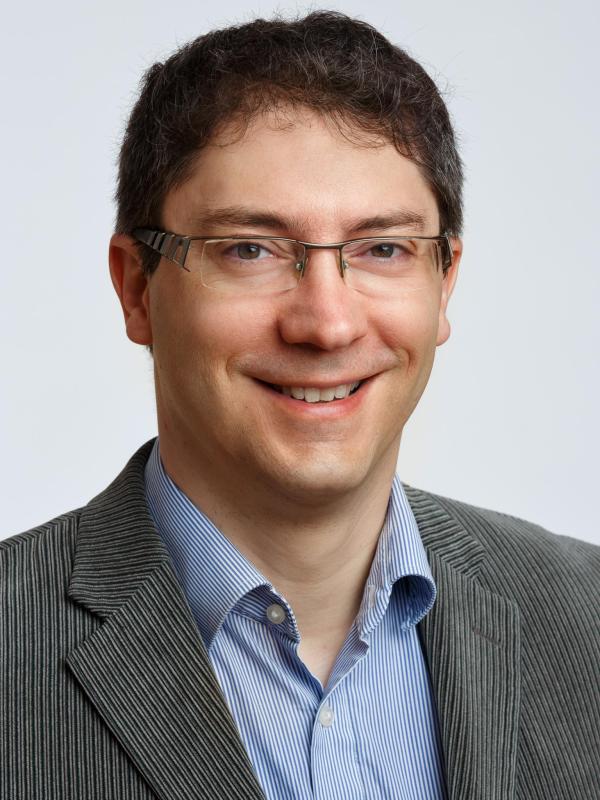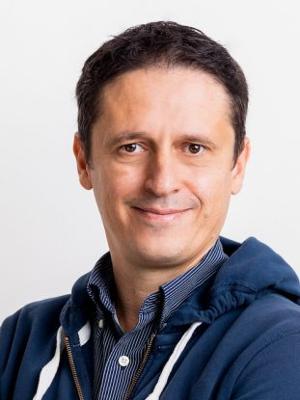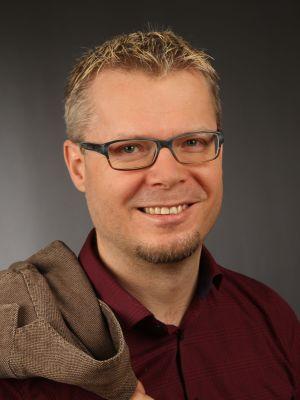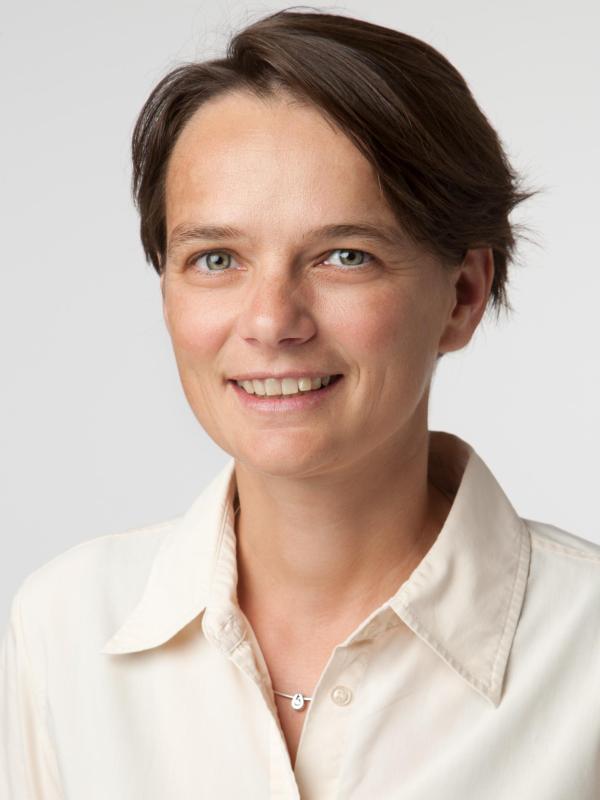AAU1/Faculty of Technical Sciences2/Departments
Departments
Research groups
Selected key research areas
- Knowledge-based planning of products and processes
- Logic-based knowledge representation and problem solving
- Recommender systems
- Practical applications of artificial intelligence
- Engineering of knowledge-intensive software systems
- User centered system design and development
- Active and assisted living
- Applied cryptography
- Security infrastructures
- IT risk management
- Robotics security
- Quantum cryptography and applications
Selected projects
- Productive 4.0: Scheduling of large scale production planning instances (H2020, ECSEL)
- E-Commerce Recommender Systems
- HBMS – Human Behaviour Monitoring Support
- CEBERUS – cross sectoral risk management for object protection of critical infrastructure

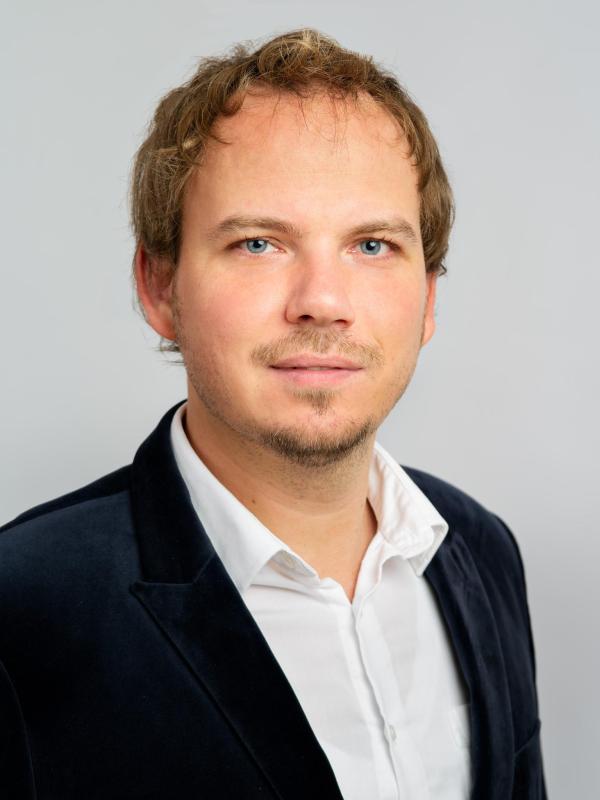
Univ.-Prof. Dr. David Kollosche
- Head of Department
- David [dot] Kollosche [at] aau [dot] at
Selected key research areas
- General mathematical education („mathematische Allgemeinbildung“) and mathematical literacy (in the digital age)
- Basic competencies in mathematics education
- Professional development of mathematics teachers
- Contemporary approaches to subject matter didactics
Selected projects
- Final examinations in mathematics
- National educational standards for mathematics
- Reflection-oriented teaching of mathematics
- Imaginary dialogues for the learning of mathematics
Selected key research areas
- Computational thinking in primary and secondary education
- Competence models in computer-science education
- Maturity models for teachers
- Gender- and personality-optimized teaching
- Educational games and gamification
Selected projects
- Informatics-workshop for primary, secondary and tertiary education
- TeaM – Teaching Maturity Model
- IT-SG – Innovative Teaching and Serious Games
- COOL Informatics
- AMEISE – A Media Education Initiative for Software Engineering
Research groups
Selected key research areas
- Software evolution
- Software analytics
- Formal methods
- Program analysis
- End-user programming
- Integration of computerized components into everyday artefacts and devices
- Usability, User Experience, User centered design
- Virtual and augmented reality applications
- Smart home control and interaction
- Business process management
- Application interoperability
- Temporal information systems
- Information systems for medical research
Selected projects
- Software Dynamics2: Fine-Grained Evolution of Software Behavior (FWF)
- Safe Round-Trip Software Engineering (FFG Bridge 1)
- Composable Embedded Systems for Healthcare (FES Commit, NL)
- Re-engineering Service-Oriented Systems (NWO, NL)
- Casa Vecchia (FFG)
- WeCare – Community-based Configuration of Complex Products and Services (FFG)
- XPLAIN-IT: Intelligent Explanations of Financial Decision Making
- Dynamic controllability of processes with temporal constraints
- Biobank and biomolecular resources research infrastructure (EU, Austria)
- Anonymization of medical data sets (TMF)
- Interoperation of activity- and artifact-centric processes (FWF)

Selected key research areas
- Audiovisual media
- Computer Sciences
- Distributed Multimedial Systems
- Immersive Multimedia Communication
- Information and data processing
- Information technology
- MPEG standardisation
- Multimedia Adaptation
- Multimedia: Encoding, transmission and caching of digital videos
- Multimedia Server
- Multimedia Streaming / MPEG
- Network engineering
- Quality of Experience
- Technical Sciences
Selected projects
- Advanced Ultra High Definition Dynamic Adaptive Streaming over HTTP (AdvUHD-DASH)
- ALICANTE – Media Ecosystem Deployment Through Ubiquitous Content-Aware Network Environments
- ENTHRONE: Ende-zu-Ende-Dienstgüte durch Integriertes Management von multimedialen Inhalten, Netzwerken und Endgeräten
- European Network on Quality of Experience in Multimedia Systems and Services
- Next Generation Video Streaming “PROMETHEUS”
- P2P-Next (Next Generation Peer-to-Peer Content Delivery Platform)
- Sensing User Generated Input for Improved Media Discovery and Experience
Research groups
Selected key research areas
- Sensor design and optimization
- Robot sensing
- Autarkic wireless sensors and Internet of things
- Collaborative mobile robot autonomy in 3D space
- State estimation aware controll and motion planning
- Cellular neural networks (CNN) for systems science
- Nonlinear dynamics in transportation
- Neuro-computing based machine learning and data science
Selected projects
- IoSense – Flexible FE/BE Sensor Pilot Line for the Internet of Everything
- ICELift – Wirless sensors for Monitoring of Aircraft Wings
- Forest-IMATE: Forest Inventorying with Micro Aerial verhicles for autonomous Tree-parameter Estimation (forest.aau.at)
- NAAV (Karl Popper Kolleg): Networked Autnomous Aerial Verhicles
- Driver state (emotion and stress) detection and forecast
- Robust CCN-based dynamic vehicle routing and scheduling
- CCN-based predictive maintenance

Research groups
Selected key research areas
- Efficient implementation of elliptic curve cryptosystems
- Mathematical analysis of algorithm
- Inverse problems
- Parameter identification in differential equations
- Qualitative theory of time-variant evolutionary equations
- Discrete and continous models with delays
- Combinatorial optimization
- Optimization software
Selected projects
- Solving inverse problems without using forward operators (FWF)
- A two-step degradation model for power semicondutiors (K-AI / Infineon)
- Analytic Combinatorics: Digits, Automata, Trees (FWF)
- Asymptotic Analysis of Extremal Discrete Structures (FWF)
- Numerical dynamics of integrodifference equations
- Relaxations for some NP-hard Problems (FWF)
- MINOA: Mixed-Integer Nonlinear Optimisation Applications

Selected key research areas
- Data science
- Econometrics
- Software development
- Statistics
- Time series analysis
Selected projects

Research groups
Selected key research areas
- Mobile communications
- Self-organizing systems
- Multi-drone systems
- Smart microgrids
- Energy informatics
- Smart camera networks
- Resource coordination in sensor networks
- Power line communications
- Wireless communications
- Radio localization and navigation
Selected projects
- Interference dynamics in wireless networks (FWF)
- Energy monitoring – Load disaggregation
- Trustworthy sensing and collaboration in VSN (KWF/FWF)
- Electronics and systems in the electrical car for sustainable mobility
- Smart Grid Technology – A Master Programme (SGT-MAP, Erasmus+ KA2)
- Boosting the Telecommunications Engineer Profile to Meet Modern Society and Industry Needs (BENEFIT, Erasmus+ CBHE)
- Drones in cellular networks (FWF)
- Self-organizing synchronization with stochastic coupling (FWF)
- CPSwarm (Horizon 2020)
Quicklinks

Information for
Address
University of Klagenfurt
Universitätsstraße 65-67
9020 Klagenfurt am Wörthersee
Austria
+43 463 2700
uni [at] aau [dot] at
www.aau.at
Campus Plan
Universitätsstraße 65-67
9020 Klagenfurt am Wörthersee
Austria
+43 463 2700
uni [at] aau [dot] at
www.aau.at
Campus Plan












